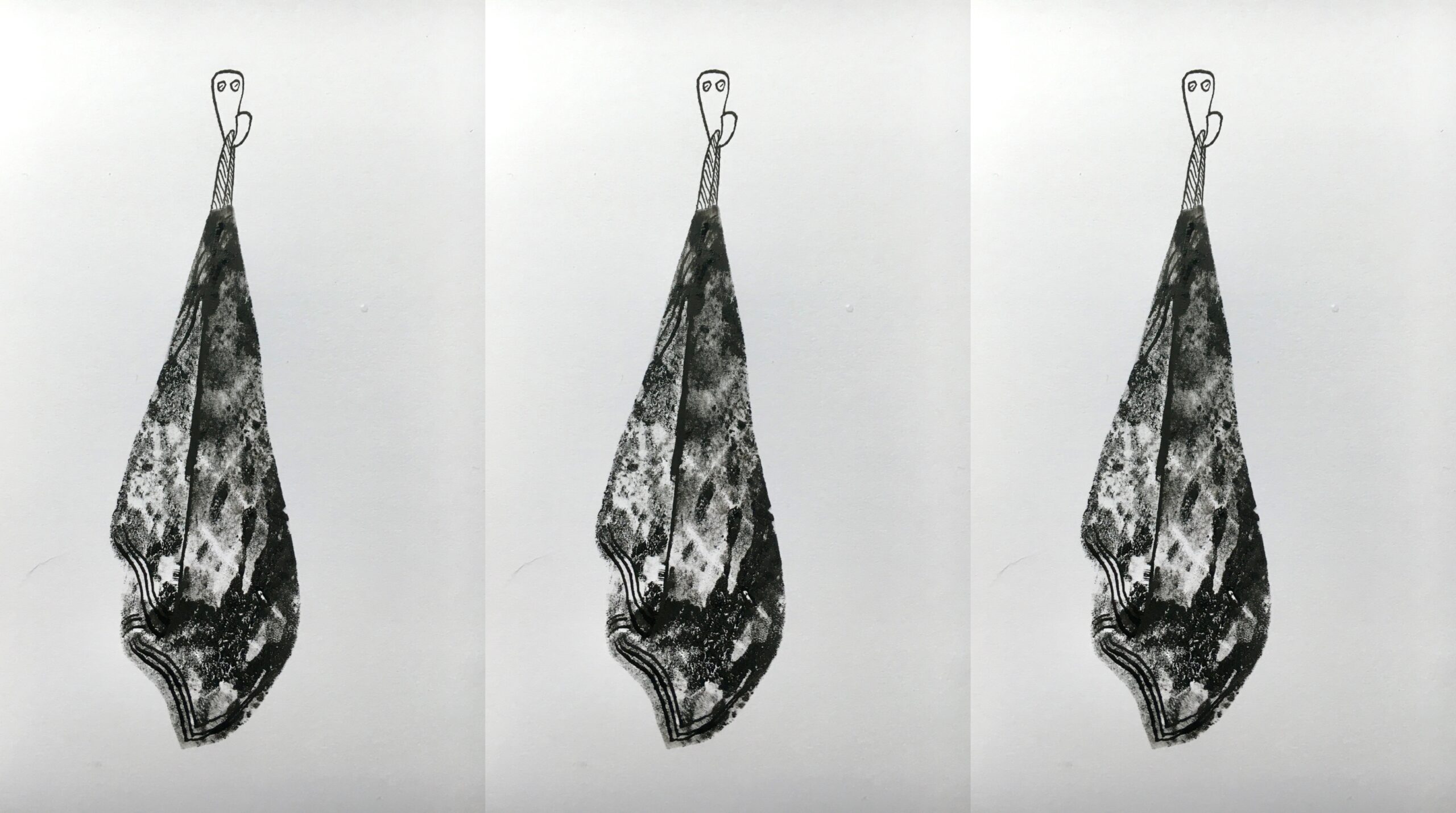The great thing about a dishwasher is that you don’t have to wash and dry up yourself. Except for those pesky plastic boxes or cups, for which you always have to get the tea towel out. Very irritating.
So why do drops of water always collect on plastic items? For two main reasons, says Joris Sprakel, professor of Physical Chemistry and Soft Matter. The first has to do with how well a material absorbs heat, its ‘heat capacity’. Materials such as metal, glass and china are good heat conductors, so they heat up quickly. That’s why they still feel warm just after the dishwasher has finished. That heat is necessary for evaporating the water. ‘Plastic stays fairly cool so the remaining drops don’t disappear properly. That is also the reason why oven gloves are made from material that conducts heat badly, such a silicones (which are another form of plastic), textiles or leather.’
Another thing that doesn’t help is that plastic is hydrophobic, which means it rejects water. As a consequence, large drops of water stay on it, just as they do on a newly waxed car. ‘Your glasses, plates and cutlery, by contrast, are made of hydrophilic material. Water therefore spreads much more evenly over the surface, and therefore dries out more easily than it does when it forms large drops. If you put a Teflon pan in the dishwasher, you will see that the bottom of the pan, which is made of metal, dries out well while the inside, made of Teflon (plastic), stays wet.’
And it doesn’t help is that plastic is hydrophobic: it rejects water
All this means that plastic takes on average five times longer to dry than the rest of the dishes. ‘Unfortunately, the dishwasher doesn’t have a separate drying cycle that you can lengthen, and even if it did, I doubt whether you’d want to wait four and a half hours for it.’
Conclusion: if you want to keep your tea towel dry you can choose between a long wait — the water will eventually evaporate — and getting rid of your plastic boxes.
Every day we are bombarded with sometimes contradictory information. In this feature, a WUR scientist answers your burning questions. Asking questions makes you wiser. Do you dare to ask yours? Email us at redactie@resource.nl

